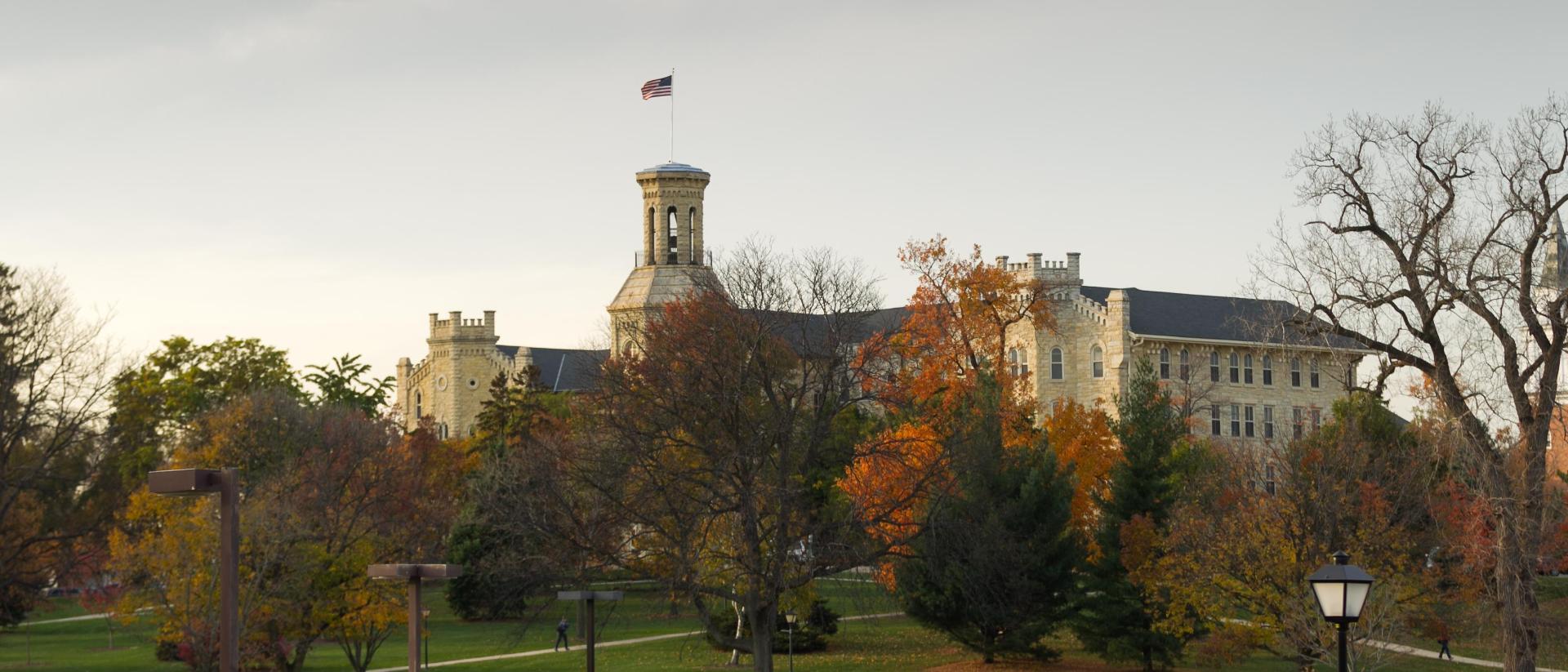Majors
Minors and Certificates
Additional Academic Opportunities
- Honors Program
- Study Abroad
- Independent Study
- Phi Alpha Theta Honor Society
/prod02/channel_1/media/history/blanchard-origplans-1024X626.jpg)
 Whether you're pursuing an internship, looking for a job or preparing for graduate school, the Wheaton College History Department is committed to helping you transition successfully into life after graduation. Need help requesting a letter of recommendation? Wondering what careers other history alumni have pursued? We're here to help!
Whether you're pursuing an internship, looking for a job or preparing for graduate school, the Wheaton College History Department is committed to helping you transition successfully into life after graduation. Need help requesting a letter of recommendation? Wondering what careers other history alumni have pursued? We're here to help!
Our outstanding faculty include both veteran teachers and early-career faculty who are engaged in research related to their areas of specialty. View all the History Faculty and Staff to see emeriti, adjunct, and guest faculty.
/prod02/channel_1/media/faculty/Kirk-Farney-Headshot-10-22-1000X1200.jpg)
/prod02/channel_1/media/faculty/Melissa-Franklin-Harkrider-2023.jpg)
/prod02/channel_1/media/faculty/Karen-Johnson-T4-800X1000.jpg)
/prod02/channel_1/media/faculty/Hanmee-Kim-1083.jpg)
/prod02/channel_1/media/faculty/larsen-25.jpg)
/prod02/channel_1/media/faculty/Lundin-Matthew-1000X1200.jpg)
/prod02/channel_1/media/billy-graham-center/2023-staff-photos/Andrew-MacDonald.jpg)
/prod02/channel_1/media/faculty/Tracy-McKenzie.jpeg)
/prod02/channel_1/media/faculty/amber-thomas-2021.jpg)
/prod02/channel_1/media/admissions/Blanchard-Hall-2600.jpg)
Visit us in
Blanchard Hall - 2nd floor West
501 College Ave
Wheaton, IL 60187
630.752.5130
history@wheaton.edu
Interested in studying with the History Department at Wheaton? Request more information or start your application today.